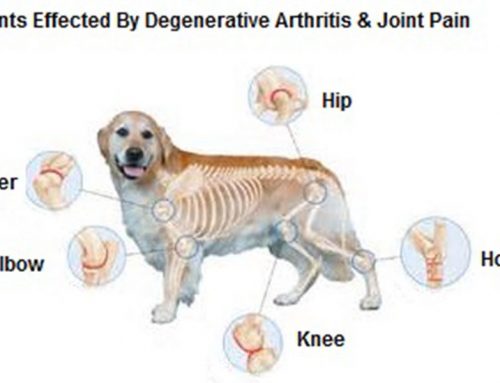We have seen an increase in outbreaks of this fatal disease in our area. The rise has come about, in part, due to the misconception that most dogs have a minimal exposure to this bacteria unless they are country dogs and the decrease in vaccinations driven by the concern of more-than-normal vaccine reactions. Both are no longer true.
Leptospirosis is a bacterial infection that commonly affects the liver and kidneys. Infected raccoons, mice and rats shed this bacteria in their urine. The organisms survive in standing water and wet environments. Dogs contact the disease by drinking the water, swimming in or walking through contaminated water. Once bacteria penetrates the skin through sores, contact with the eyes, nose or mouth, it moves to many tissues producing toxins that cause damage. Signs of the disease can show as early as 7 days after exposure with the highest incidence in the summer and early fall.
Years ago, only hunting dogs and those living in the country were advised to be vaccinated. We are now finding dogs are being exposed in their own backyards.
Increased exposure is due to:
• traveling, dog parks, scenic walks, hunting grounds or campgrounds
• increase in flood waters
• home development in rural environments where more raccoons and rodent reside
When first introduced, the vaccine caused some reactions including some breed associated reactions resulting in breeder recommendations not to vaccinate puppies against Leptospirosis. Over a decade, the vaccine has been processed into a much cleaner, safer, but still efficacious vaccine. Leptospirosis is zoonotic, meaning it can be transmitted to humans through caring for sick pets. In humans, the disease is very difficult to treat and devastating.
The rise of Leptospirosis cases has changed veterinarian’s opinions to no longer consider the vaccine optional regardless of size, breed or environment of the dog.
Dr. Carla Edwards is a veterinarian at Apple Valley Veterinary Clinic and a graduate of the UW School of Veterinary Medicine. She has been practicing for years in the area and enjoys the ever-changing practice of veterinary medicine.
Courtesy – Dr. Carla Edwards








Leave A Comment